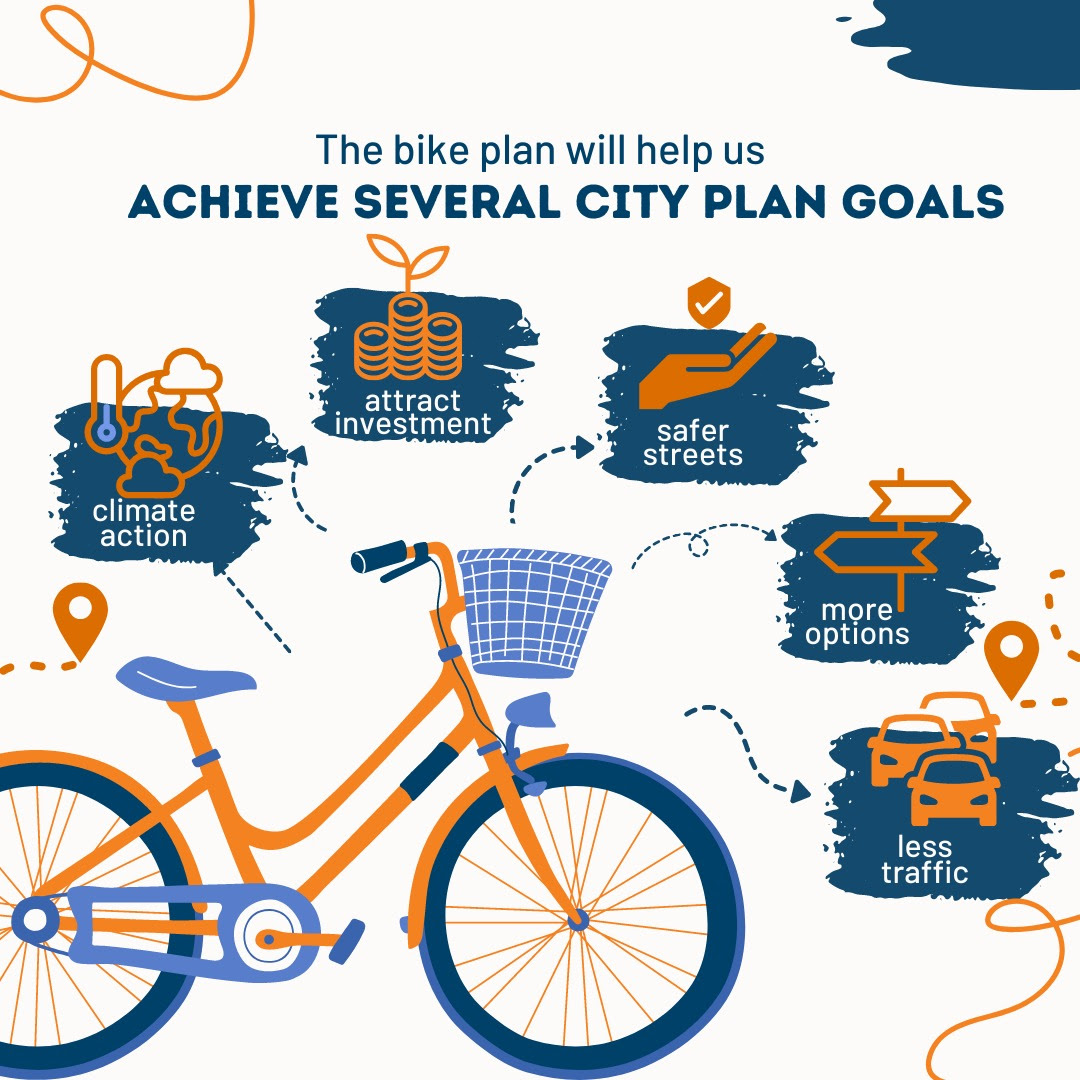The Valley Line is almost open!
The City of Edmonton is pleased to announce the Valley Line Southeast LRT will open for passenger service on Saturday, November 4. Service will begin at 5:15 a.m. at the Mill Woods stop and 102 Street stop downtown.
Valley Line Southeast has been independently certified by professional engineers, a safety auditor and an independent, professionally qualified, certifier. TransEd recently received a formal certificate from the independent certifier, indicating the infrastructure is complete and meets the requirements of the project agreement.
“I know many Edmontonians have been looking forward to opening day for the better part of two decades. Valley Line Southeast will offer an affordable and climate-friendly choice to move around our city for decades to come,” said Mayor Amarjeet Sohi. “I’m looking forward to riding the new line and seeing this project cross the finish line.”
The Valley Line Southeast is an integral part of achieving the City Plan, and will provide more accessible, convenient and sustainable travel options for Edmontonians over the coming decades. The City Plan aims for a future where 50 per cent of trips are made by transit and active transportation.
“Valley Line is the first completely new transit line to open in western Canada in a generation and will transform the way we move and experience our city,” said City Manager Andre Corbould. “While the project delays have been challenging for everyone, all parties have kept their focus on one thing - providing a safe, reliable service for Edmontonians.”
Leading up to the opening of the line, TransEd will be conducting final operational exercises along the alignment to ensure their train operators and Control Centre staff are prepared to handle standard operational challenges encountered by all transit agencies. Over the coming weeks, TransEd will also be completing final work like curbs, landscaping and maintenance—this work does not affect the safe operation of the system.
“This has been a long journey, with challenges and detours, but we’re confident in the system we’ve built. Our focus has always been, and will continue to be, delivering a safe, reliable system to Edmontonians,” said TransEd Partners CEO, Ronald Joncas. “We’re excited to welcome passengers onboard these brand new trains.”
As opening day approaches, Edmontonians are asked to be mindful of their surroundings and obey all traffic signs and signals. If you see tracks, expect a train. The City of Edmonton also asks for patience during the early days of service. All transit systems encounter occasional operational challenges, especially as riders adapt to new infrastructure, travel patterns and behaviours.
A formal grand opening ceremony will be held in 2024 with funding partners, City officials and others after the system has been in service for a number of months.
A special thank you goes to everyone who has taken time to provide ongoing input and support to bring this project to life.

Strong Towns is coming to Edmonton!
December 13th: / December 14th:
https://www.eventbrite.ca/e/building-a-stronger-town-an-evening-with-charles-marohn-tickets-741724727627?aff=oddtdtcreator
We're excited to be welcoming Chuck Marohn, the founder of the American-based STRONGTOWNS movement to Edmonton. This event is organized and hosted by the University of Alberta School of Urban and Regional Planning, University of Alberta Sustainability Council, Councillor Ashley Salvador, and Councillor Michael Janz as well as other partners (TBD).
Strong Towns operates with the mission of replacing America’s post-war pattern of development, the Suburban Experiment, with a pattern of development that is financially strong and resilient. We advocate for cities of all sizes to be safe, livable, and inviting. We work to elevate local government to be the highest level of collaboration for people seeking to work together in a place, not merely the lowest level in a hierarchy of governments.
With a media presence reaching millions of people every year and a membership of nearly 3,000 people from all 50 states and several countries, the Strong Towns movement is reshaping the North American development pattern with a return to bottom-up, incremental growth. Strong Towns accomplishes this work by producing articles, podcasts, online and in- person events, training and more.
In order to rationally respond to the challenges created by the North American development pattern, the Strong Towns approach:
- Relies on small, incremental investments (“little bets”) instead of large, transformative projects.
- Emphasizes resiliency of result over efficiency of execution.
- Is designed to adapt to feedback.
- Is inspired by bottom-up action (“chaotic but smart”) and not top- down systems (“orderly but dumb”).
- Seeks to conduct as much of life as possible at a personal scale.

UPCOMING EVENT: ED Talk: Big Ideas for a better Edmonton
Edmonton! Is there a Nextgen or pecha or Ted talk sized hole in your heart?
We are looking for presenters for November 28th at @themetrocinema. Who would you like to hear from? Volunteer or nominate via email.
RSVP: https://www.michaeljanz.ca/edtalknov28

CHRIS BRUNTLETT - EVENT RECAP VIDEO on YOUTUBE
Melissa and Chris Bruntlett are Canadian authors and urban mobility advocates who strive to communicate the benefits of sustainable transport and inspire happier, healthier, more human-scale cities. Their first book, Building the Cycling City: The Dutch Blueprint for Urban Vitality, explored the urban and transport planning decisions that established the Netherlands as a bicycle paradise, and how North American communities are translating these ideas to build their own cycling cities.
Video from University of Alberta Lecture: https://youtu.be/tYv5MeWrRO0?si=h4fq0QNoIfN5r95l
The Human Case for Fewer Cars in our Lives
In 2019, mobility experts Melissa and Chris Bruntlett began a new adventure in Delft in the Netherlands. They had packed up their family in Vancouver, BC, and moved to Delft to experience the biking city as residents rather than as visitors. A year earlier they had become unofficial ambassadors for Dutch cities with the publication of their first book Building the Cycling City: The Dutch Blueprint for Urban Vitality.
In Curbing Traffic: The Human Case for Fewer Cars in Our Lives, Melissa and Chris Bruntlett chronicle their experience living in the Netherlands and the benefits that result from treating cars as visitors rather than owners of the road. They weave their personal story with research and interviews with experts and Delft locals to help readers share the experience of living in a city designed for people.
In the planning field, little attention is given to the effects that a “low-car” city can have on the human experience at a psychological and sociological level. Studies are beginning to surface that indicate the impact that external factors—such as sound—can have on our stress and anxiety levels. Or how the systematic dismantling of freedom and autonomy for children and the elderly to travel through their cities is causing isolation and dependency.
In Curbing Traffic, the Bruntletts explain why these investments in improving the built environment are about more than just getting from place to place more easily and comfortably. The insights will help decision makers and advocates to better understand and communicate the human impacts of low-car cities: lower anxiety and stress, increased independence, social autonomy, inclusion, and improved mental and physical wellbeing. The book is organized around the benefits that result from thoughtfully curbing traffic, resulting in a city that is: child-friendly, connected, trusting, feminist, quiet, therapeutic, accessible, prosperous, resilient, and age-friendly.
Planners, public officials, and citizen activists should have a greater understanding of the consequences that building for cars has had on communities (of all sizes). Curbing Traffic provides relatable, emotional, and personal reasons why it matters and inspiration for exporting the low-car city.
NOW AVAILABLE from Island Press (use promo code "BRUNTLETT" for 20% off) and Marston Books (use promo code "ISCT" for 30% off). Also available from Amazon, Barnes and Noble, and independent booksellers.






